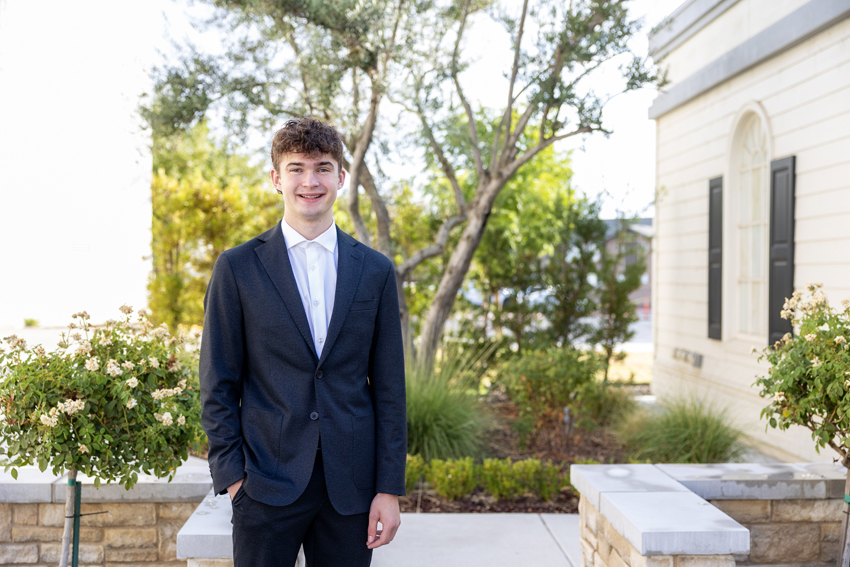Over the past three years, I’ve attended many of the San Joaquin Valley Town Hall lectures. I’ve heard and met famous speakers such as Frank Abagnale, Platon and Ben Vereen. But during the final lecture I would attend, I listened to Dr. Jill Bolte Taylor who shared on a topic I originally felt was far from home.
Going into the event, I expected to hear a first-hand account of a stroke. But Dr. Taylor shared much more than that; she revealed a passion for brains I had never before experienced.
Not being a science-geared person myself, I often see related topics under a solely academic scope. But Dr. Taylor managed to use words such as beautiful, cool, adorable and exciting when describing brains.
Dr. Taylor’s passion for brains and their makeup was evident. She was alive and visibly excited to share about her experience. Dr. Taylor is a nuero anatomist, who also suffered from a stroke when she was 37, then because of her knowledge of her brain, was able to nurse herself back to full health.
To begin her session, Dr. Taylor reviewed the basic anatomy of the brain; she highlighted the two most important pieces that have to do with all our learning and emotional reactions: amygdala and hippocampus.
The rest of her lecture centered on the idea of the amygdala, which I would summarize as a gland in our brains that identifies whether or not we feel safe. When we do not feel safe, our hippocampus, which allows us to access information we have learned or memorized, cannot function. This is the source for all the anxiety and fear we face, all relying on our amygdala.
As one of the most important parts of our bodies, Dr. Taylor encouraged all her listeners to take care and understand our amygdalas. From here, most of the scientific vocabulary went over my head.
However, I did take from her lecture the important ideas of how our brains function. In one simple quote from her: “We are feeling creatures who think. And I am a life force power of 50 trillion molecular geniuses. It’s empowering to know that I can control a force that powerful.”
With 50 trillion cells inside our bodies, we have immense power to control them, including our emotions. By knowing how to think, following our emotions, we can control when we are happy, sad and angry within a 90 second range of thought.
By following her own advice, Dr. Taylor was able to fully recover all the abilities she lost in her stroke. She daily talks and encourages her cells, literally, to thank them for the huge job they do each day.
Dr. Taylor’s lecture revealed not only her passion for brains, but also hope for anyone who has suffered brain trauma. By the end of her lecture, she had everyone in the room captivated, wondering what they were doing with their 50 trillion-strong life force.
This author can be reached via Twitter: @TyninFries. Follow The Feather via Twitter: @thefeather.
For more opinions, read the Feb. 28 article, https://archive.thefeather.com/?page=articles&id=59753.






